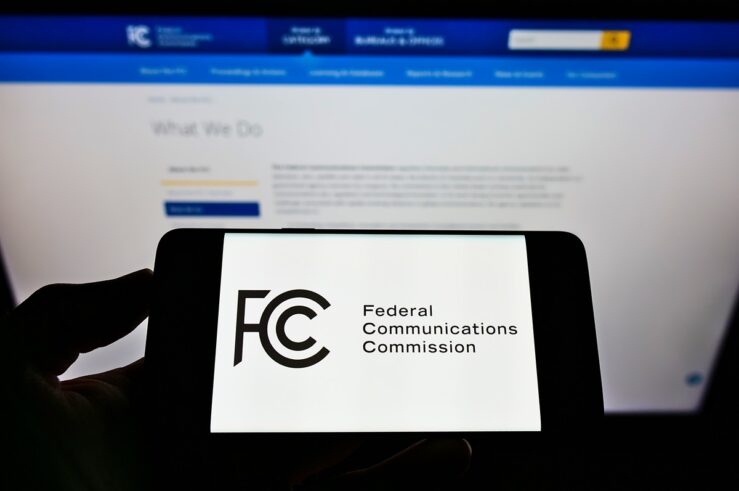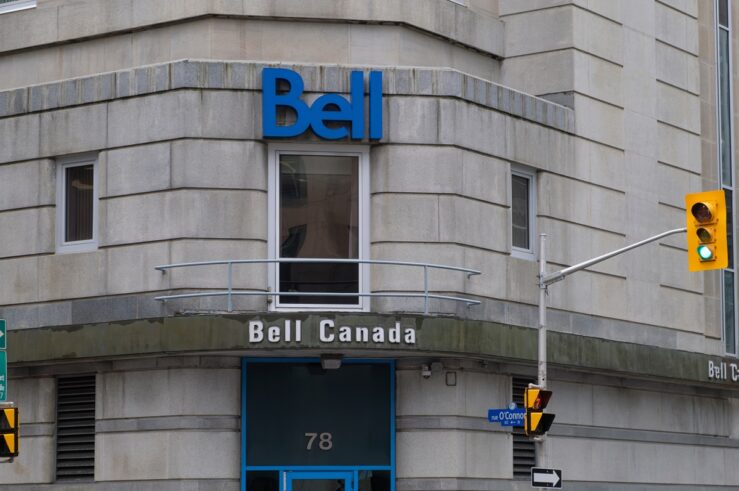First, Peter Klein:
I am bewildered. But, more than that, I am angry. I can’t count how many news accounts I’ve seen about the poor, struggling homeowners who can’t make the monthly mortgage payment, are about to be foreclosed, and risk losing the family home, yard, white picket fence, and piece of the American Dream. But I haven’t heard one word about the poor, struggling renters, the ones who scrimped and saved and put money away each month towards a down payment, who kept the credit cards paid off, stayed out of trouble, and lived modestly, and thought that maybe, just maybe, the fall in housing prices meant that they, finally, could afford a house — maybe one of those foreclosed units down the street. These people are Bastiat’s unseen. For them, Obama’s housing plan is a giant slap in the face. To hell with the prudent. Party on, profligate! Now that’s what I call moral hazard.
Here’s Tyler Cowen (with lots of other links to other economists’ reactions — some much more favorable):
We should not be helping people stay in their homes if their mortgage payments are at 43 percent of their income. (The bill requires banks, in such cases, to lower interest rates until monthly payments are at 38 percent of income. The government then steps in to lower payments to 31 percent of income.) I don’t feel moral outrage (although it is morally outrageous), I just don’t think it is a good use of money. I also wonder how it works when your income is quite variable year to year. Are they sure there is no way to game this? It will in the short run prevent some (enough to matter?) foreclosures. But it won’t keep up the long-term price of homes or prevent eventual foreclosures when the home has negative equity. It adjusts interest rates on the payments, not principal on the loans (thank goodness). Most of all it is a bad precedent which we will live to regret. It is a significant move away from the idea of commercial decisions based on contract.




